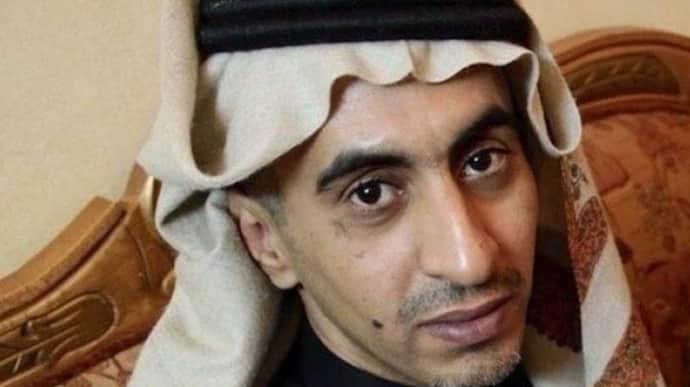RIYADH, Saudi Arabia — A Saudi journalist arrested in 2018 on charges widely denounced as politically motivated has been executed, the kingdom confirmed over the weekend, prompting sharp condemnation from international rights groups and press freedom advocates.

Turki Al-Jasser, a well-known journalist and blogger in his late 40s, was put to death on Saturday, the state-run Saudi Press Agency said, after the kingdom’s highest court upheld his death sentence. Al-Jasser had spent the past seven years behind bars following his arrest in a 2018 raid in which authorities seized his personal devices and online records.
The Saudi government claimed Al-Jasser was convicted of terrorism and treason, but groups such as the Committee to Protect Journalists (CPJ) and Reprieve insist the charges were fabricated to punish him for running an anonymous Twitter account that criticized members of the royal family and the kingdom’s leadership, particularly Crown Prince Mohammed bin Salman.
The CPJ, citing information from Saudi insiders and digital watchdogs, reported that Al-Jasser was believed to be the voice behind an account that exposed alleged corruption at high levels of government. He had also posted commentary on Islamist militancy and social reforms — topics long considered sensitive in the Saudi political landscape.
Carlos Martínez de la Serna, CPJ’s program director, issued a scathing rebuke of the execution, stating, “The international community’s failure to deliver justice for Jamal Khashoggi did not just betray one journalist — it emboldened Crown Prince Mohammed bin Salman to continue his persecution of the press.”
Khashoggi, a Washington Post columnist and outspoken critic of the crown prince, was killed and dismembered by Saudi operatives at the kingdom’s consulate in Istanbul in 2018. U.S. intelligence agencies later concluded that Mohammed bin Salman had approved the operation — a finding the Saudi government continues to deny.
Human rights advocacy group Reprieve called Al-Jasser’s execution “a chilling demonstration” of the kingdom’s crackdown on dissent. Jeed Basyouni, Reprieve’s Middle East and North Africa director, said Al-Jasser was “tried and convicted in total secrecy for the ‘crime’ of journalism.”
“There was no due process, no transparency — only silence, imprisonment, and ultimately death,” Basyouni said. “This execution once again demonstrates that in Saudi Arabia, the punishment for criticizing or questioning Crown Prince Mohammed bin Salman is death.”
Al-Jasser had gained prominence for his writings on the Arab Spring uprisings, women’s rights, and government corruption, and maintained a personal blog between 2013 and 2015. Despite the blog’s closure, he remained active in Saudi digital discourse, often clashing with the state’s authoritarian sensitivities.
Saudi Arabia continues to face international criticism for its use of the death penalty, including methods such as public beheadings and mass executions. According to rights monitors, the kingdom carried out 330 executions in 2024 alone — a significant spike as authorities intensified repression of political dissent and online activism.
The case of Al-Jasser is not isolated. In recent years, Saudi Arabia has arrested several individuals for social media activity, including foreigners. Last month, a British-based Bank of America analyst was sentenced to a decade in prison, reportedly over a deleted social media post. In 2021, dual Saudi-American national Saad Almadi was sentenced to 19 years for tweets made while living in Florida. Though Almadi was released in 2023, he remains barred from leaving the kingdom.
The Saudi government has not disclosed details of Al-Jasser’s trial or the specific evidence presented against him, further fueling concerns about the country’s opaque judicial process and targeting of peaceful expression.
As global calls mount for accountability, many journalists and rights defenders warn that the international community’s muted response to cases like Al-Jasser’s only reinforces Riyadh’s impunity.
“Turki Al-Jasser paid the ultimate price for speaking out,” de la Serna said. “Without serious consequences for these abuses, other journalists will face the same fate — silenced in the shadows.”



